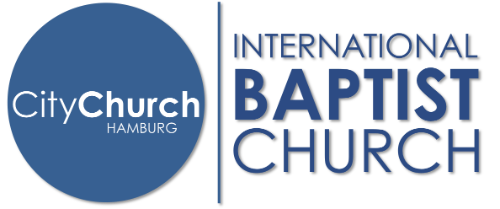Elders
The New Testament institutes two offices of leadership for the local church: elders and deacons. The qualifications for someone who aspires to this role are listed in 1 Timothy 3 . It is noteworthy that these characteristics emphasize the character of a person and not the kind of qualities that may be desired for someone leading a business or organization in secular society. There are also many several terms that the Bible gives for ‘elder’, such as ‘pastor’, ‘bishop’ and ‘overseer’. We would argue that these terms are synonymous and refer to the same position.
The responsibilities of an elder are well described by Alexander Strauch in his book Biblical Eldership: “Elders lead the church [1 Tim 5:17; Titus 1:7; 1 Peter 5:1–2], teach and preach the Word [1 Timothy 3:2; 2 Timothy 4:2; Titus 1:9], protect the church from false teachers [Acts 20:17, 28–31], exhort and admonish the saints in sound doctrine [1 Timothy 4:13; 2 Timothy 3:13–17; Titus 1:9], visit the sick and pray [James 5:14; Acts 6:4], and judge doctrinal issues [Acts 15:6]. In biblical terminology, elders shepherd, oversee, lead, and care for the local church”.





